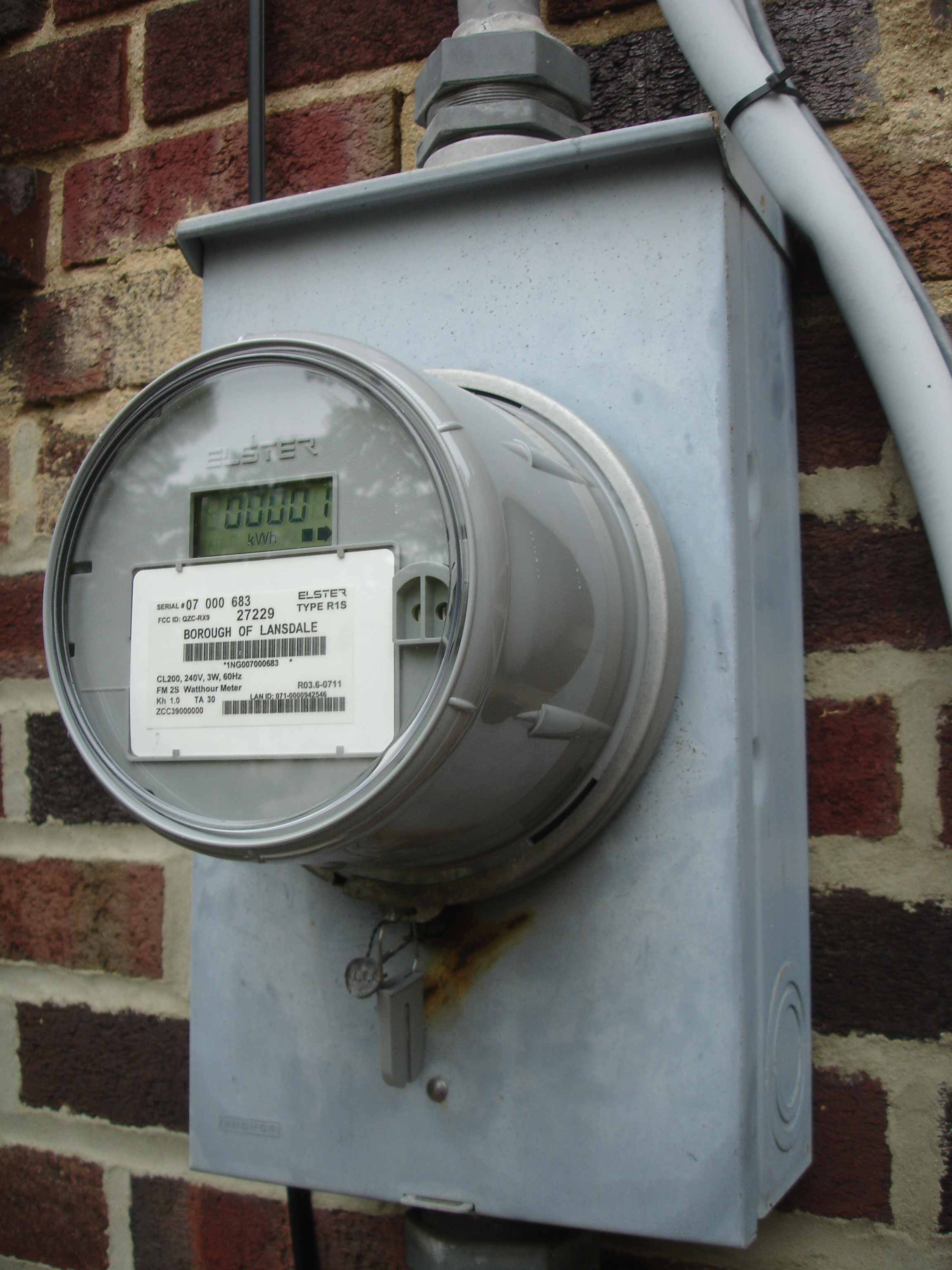by Alex Watkins (News Writer)
Electricity theft in British Columbia has seen rapid growth over the past four years, and it seems that the average citizen is the one left footing the bill. The most recent calculation by B.C. Hydro claims that $100 million in revenue is lost annually due to electricity theft in marijuana growing operations.
The last time B.C. Hydro made this calculation was in 2006, when the figure was considerably smaller – an estimated $30 million. Cindy Verschoor, B.C. Hydro spokesperson, told CBC that the upsurge in revenue loss is due to the increasing amounts of power that must to be consumed to fuel larger and more sophisticated grow operations.
“What the RCMP are telling us is the size and distribution of grow-ops is growing, as is the safety hazard associated with how they are stealing electricity,” said Verschoor.
Bret Cantera, of the RCMP’s drug squad, stated that the operations have seen this kind of expansion due to the trend of moving them to more remote and rural areas, with the intention of concealing them more easily and making them largely inaccessible. He said, “In terms of hydro theft, every law-abiding citizen out there is having money taken right out of their wallet.”
According to Verschoor, energy theft results in a yearly increase to the public’s hydro bills of approximately three per cent.
Verschoor said that B.C. Hydro was hoping to combat the problem by getting B.C. residents on board with their new smart meters. She explained that the meters would assist in catching energy thieves – and grow operations – by recording the amounts of energy consumed per hour in each home and sending that information to B.C. Hydro.
“Smart meters are actually part of an overall system that will help to modernize the grid, and one of the benefits of that system is it will help us to identify theft, and that’s a significant benefit to our customers,” said Verschoor.
B.C. Hydro hopes to have these meters installed in every home in the province by 2012.
B.C. Hydro could use information gathered from these meters to create a list of homes using suspicious amounts of power and report that information to the appropriate municipality. This practice has become legal with the passing of the amendments to the B.C. Safety Standards Act in 2006, which allows B.C. Hydro to report all suspicious activity to participating municipalities; prior to the amendment, this information could only be granted on a case-by-case basis.
B.C. Hydro assures the public that most ordinary homes would not appear on such a list, as only houses consuming several times the average amount would be examined. Additionally, they note that consumption history can only be shared “upon the verified request of a municipality wishing to undertake a safety-focused grow-op initiative.”
According to B.C. Hydro, a grow-op may consume as much as ten times the energy of an ordinary home. As the individuals must conceal this by stealing energy – or risk being the target of an investigation – they cause a significant loss for the company, which is recovered through increased costs to all consumers. Verschoor emphasized this fact as the reason that British Columbians should be interested in targeting electricity theft.
“The cost of theft is borne by all of us, and when we reduce electricity theft, all customers benefit,” said Verschoor.


